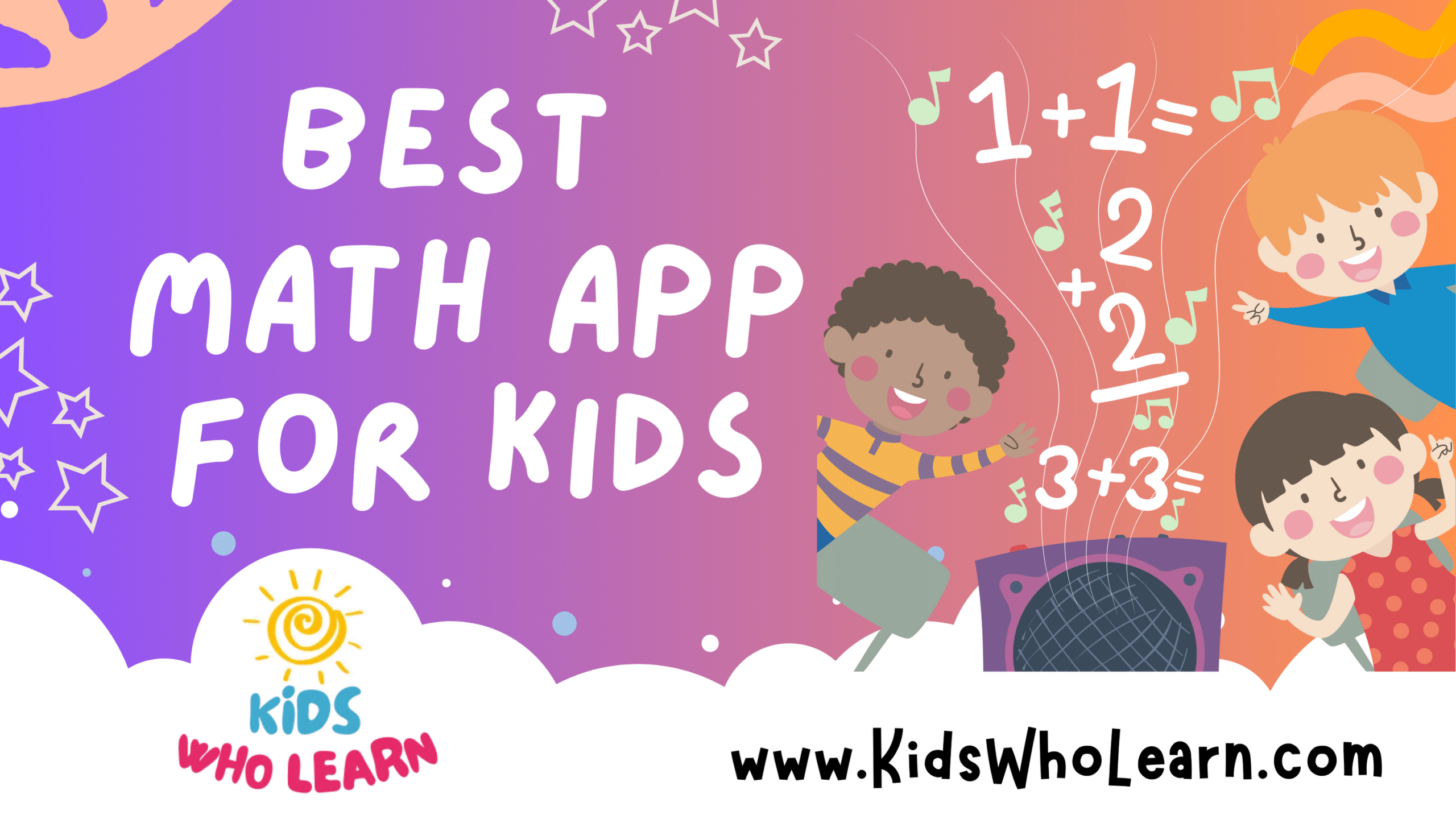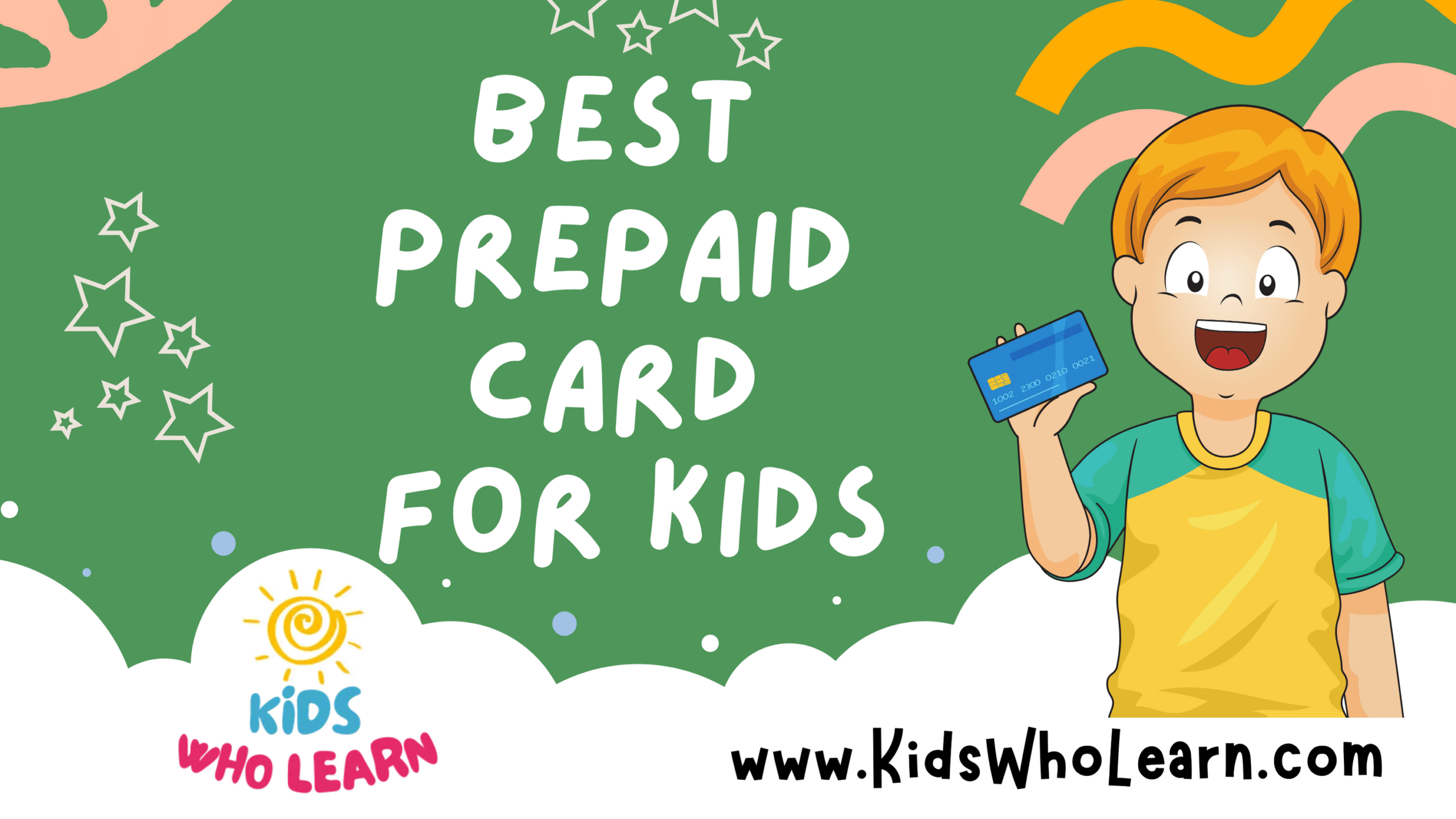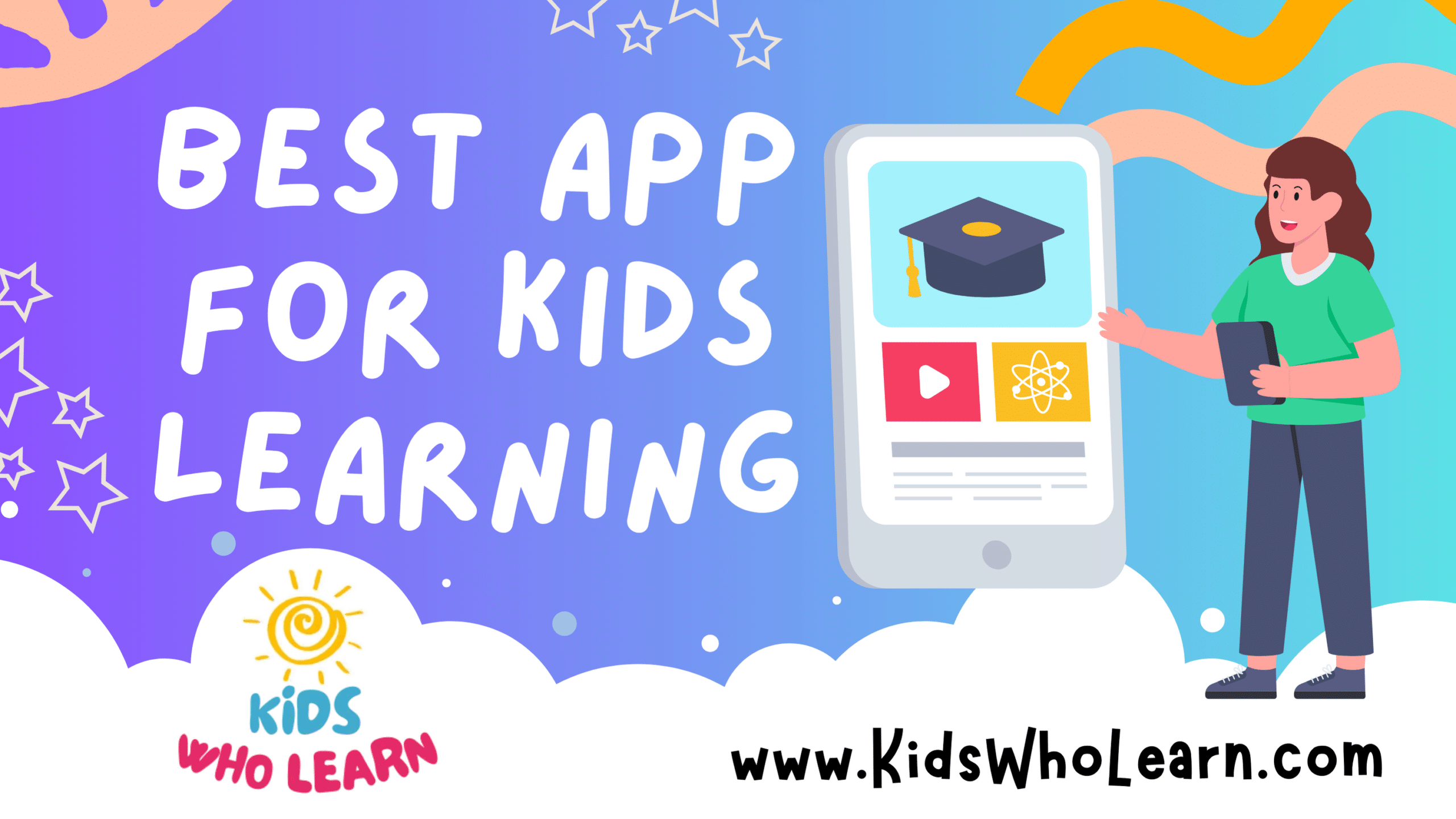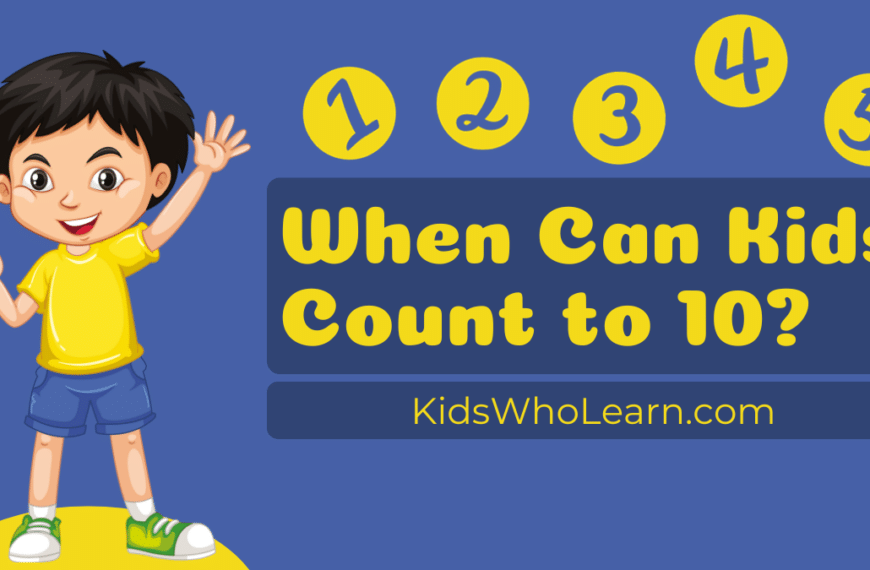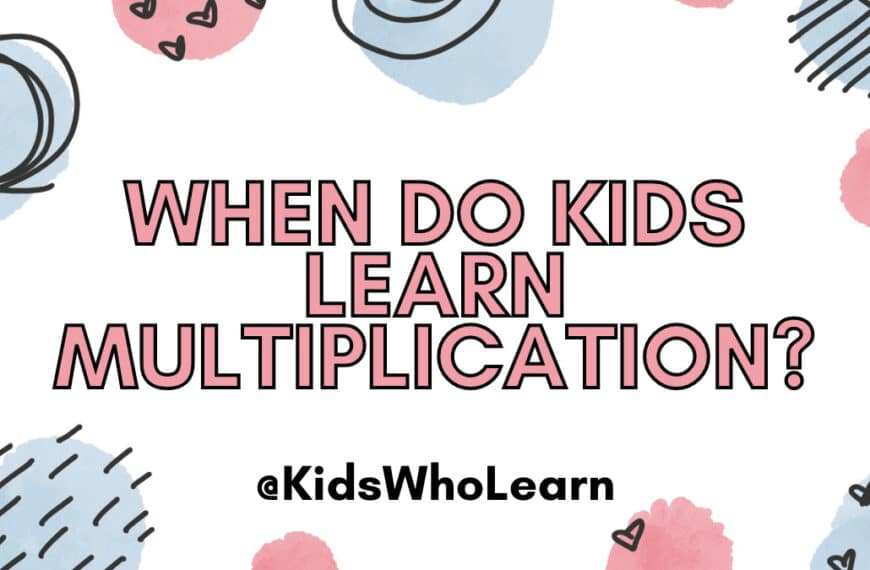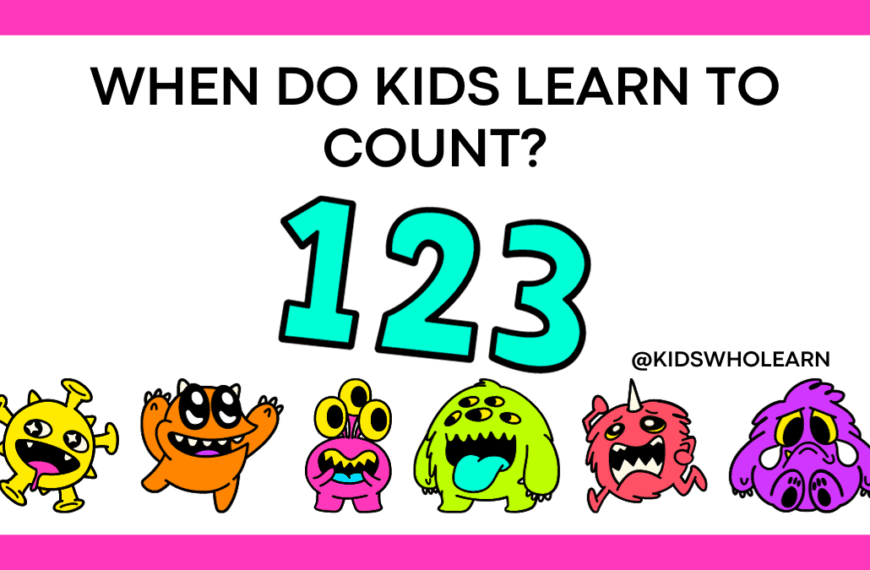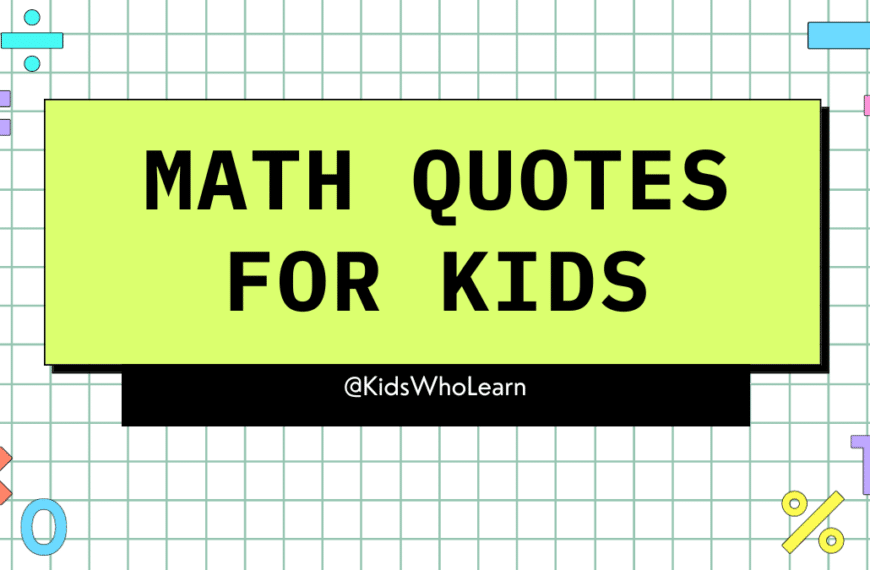In the constantly evolving landscape of educational technology, math apps for kids represent a significant leap forward in making mathematics accessible and enjoyable. With engaging interfaces, interactive problems, and instant feedback, these digital platforms are invaluable tools for young learners. Children today have a vast array of apps at their fingertips, each designed to break down complex concepts into understandable segments that cater to various learning styles and academic levels.
The importance of mathematics in early education cannot be overstated, and selecting the appropriate app can make a significant difference in a child’s mathematical journey. Thus, it’s crucial to choose math apps that not only align with educational standards but also captivate and maintain a child’s interest. Top math apps often include features such as progress tracking, customizable difficulty levels, and incentives that encourage consistent practice.
Key Takeaways
- Engaging math apps can enhance a child’s understanding and enjoyment of mathematics.
- Selecting the right app is crucial for aligning with a child’s learning style and academic needs.
- Top math apps include tracking, customization, and motivational elements to encourage regular use.
Understanding Math Apps for Kids
In navigating the landscape of math apps available for children, we prioritize those that marry educational concepts with engaging formats. We recognize the power of game-based learning where interactive games transform abstract math problems into relatable, hands-on activities. It’s our goal to identify apps that excel in fostering core math skills and concepts in a child-friendly package.
Through our exploration, we’ve pinpointed several key features that make some math apps stand out:
- Adaptive Learning: We look for apps that tailor difficulty levels to match the child’s growing abilities, creating a personalized learning trajectory.
- Curriculum-Aligned: It’s important for us to consider apps that align with educational standards, ensuring children are mastering the competencies required for their age group.
- Engagement: Keeping a child focused is fundamental, hence, we value apps infused with colorful visuals, fun characters, and interactive challenges.
- Feedback Systems: Immediate, constructive feedback within apps aids kids in understanding their mistakes and learning from them.
Here’s a simplified breakdown of app attributes:
| Attribute | Description |
|---|---|
| Interactivity | Apps should have touch, drag, and solve features. |
| Progression | Clear levels and goals help children see their development. |
| Accessibility | User-friendly interfaces are crucial for younger users. |
| Support | Guidance and hints assist when children encounter obstacles. |
We strive to recognize math apps that offer a balanced mix of these attributes to not only teach math but make learning an active and joyful experience for kids.
Key Features of Top Math Apps
When selecting the best math apps for kids, we assess several critical features that enhance learning and engagement. These top-rated apps incorporate cutting-edge technologies and methodologies to support a child’s education.
Adaptive Learning Technologies
Top math apps leverage adaptive learning technologies to create a personalized learning experience. Their algorithms adjust the difficulty of math problems based on the child’s performance, ensuring challenges that are neither too easy nor too hard. This approach mirrors the efficacy of one-on-one tutoring.
Engaging Content and Gameplay
To captivate kids, leading math apps offer a variety of interactive games with vibrant graphics and storylines. Titles like DragonBox and Monster Math become staples in this arena, transforming math into an adventure that holds children’s attention while teaching key concepts.
Educational Standards and Curriculum
Renowned apps align with the Common Core State Standards to ensure that children are learning concepts that dovetail with their school curriculum. They cover a broad spectrum of topics across the K-12 math curriculum, providing a well-rounded mathematical foundation.
Reporting and Analytics
These mathematical tools offer real-time analytics and progress reports. Educators and parents can access detailed report cards and receive feedback on a child’s progress, making it easier to identify areas of strength and those needing improvement.
Accessibility and Device Support
We ensure these math apps boast wide compatibility, running smoothly on different platforms such as Android and iPad. Some also offer web versions, ensuring that children can learn across various devices with full functionality.
Parental Involvement and Resources
Having resources available for parents is essential. Apps that provide guides, additional problem sets, and ways for parents to engage with their child’s learning journey help foster a supportive home learning environment.
Safety and Privacy Considerations
Finally, safety and privacy cannot be overlooked. The best math apps for kids come with robust privacy policies and security measures to protect children’s information online, giving us—the parents and educators—peace of mind.
Best Math Apps by Topic
In this section, we provide a curated list of top math apps categorized by specific mathematical topics. Each app has been selected based on its ability to reinforce key concepts and enhance arithmetic skills through interactive problems and games.
Addition and Subtraction
For young learners, ‘Park Math by Duck Duck Moose’ presents addition and subtraction through engaging activities. We see animated characters guide kids through math challenges, which involves counting, adding, and subtracting within a playful park setting. The app aligns with the development of early arithmetic and number sense.
Multiplication and Division
‘Times Tables Rock Stars’ turns learning multiplication and division facts into a fun experience. Users practice multiplication and division through music-themed games, ensuring that these key skills are retained through repetition and engagement. The app promotes rapid recall of facts, an essential skill in arithmetic.
Geometry and Shapes
‘GeoGebra Geometry’ allows kids to construct and manipulate geometric shapes and solve problems. This app enhances understanding of geometry concepts by enabling interactive exploration of shapes, lines, and angles, making it an invaluable tool for visual learning of geometric principles.
Algebra and Equations
Focused on algebra, ‘DragonBox Algebra 5+’ simplifies equations and algebraic concepts for children. It uses puzzles to convey the principles of algebra, helping to build a foundation for solving equations and understanding algebra without feeling overwhelmed.
Fractions, Decimals, and Percentages
Lastly, ‘SplashLearn’ covers fractions, decimals, and percentages through adaptive learning games that scale with the child’s ability level. The app reinforces these concepts with visual representations, aiding in the comprehension and conversion between fractions, decimals, and percentages.
Apps for Different Age Groups and Learning Levels
When selecting educational apps for children, it’s important to consider the app’s alignment with the child’s age as well as their current understanding and proficiency. Curriculum should be sequentially organized, fostering skills from basic counting for early learners to complex calculus for high school students. Now, let’s explore the best math apps tailored for different education levels.
Early Learners: Counting and Basic Arithmetic
For kids ages 3 to 5, building a strong number sense is crucial. Counting and basic arithmetic apps should be interactive and engaging to help kids grasp counting sequences and basic arithmetic operations. Look for apps that emphasize mental math and personalized learning experiences to cater to individual pacing and understanding.
- K-2 Math offers an entertaining platform with vibrant visuals and characters to make counting and arithmetic captivating.
- Number Ninja employs gamification to practice sequential counting and simple addition and subtraction, reinforcing mental math.
Middle Grades: Advanced Operations and Geometry
Students in the middle grades, generally ages 6 to 12, should focus on mastering advanced operations, including working with fractions and beginning geometry. Apps for this age should offer a mix of challenge and support, presenting concepts in an understandable format while encouraging deeper problem-solving.
- GeoMaster Plus turns geometry into an adventure, helping students learn shapes, areas, and volumes through interactive puzzles.
- Fraction Fusion helps in understanding the complex concepts of fractions and includes a progression system to keep learners motivated.
High Schoolers: Algebra, Trigonometry, and Calculus
High school students, typically between 13 and 18 years old, need apps that delve deep into algebra, trigonometry, and calculus. These tools should provide comprehensive tutorials and practice problems that prepare students for college-level math and various exams.
- Algebra Challenge tailors problem sets to individual learning speeds, offering a robust algebra curriculum.
- Trig Trainer makes learning trigonometric functions and identities intuitive through step-by-step visual guides.
- Calculus X is a powerful app for advanced students, featuring a wide range of calculus problems and in-depth solutions.
Special Needs Education
Math apps for special needs students should offer customizability to accommodate diverse learning styles and conditions. Personalized learning approaches within these apps ensure that each student’s unique educational needs and pace are respected and catered to.
- MathBoard is a versatile app that can be tailored for various special needs, providing adjustable difficulty settings and personalized practice sequences.
- ModMath is specifically designed to assist students with dyslexia and dysgraphia in understanding and solving math problems without the need for pen and paper.
Integrating Math Apps into Daily Learning
Incorporating math apps into a child’s daily routine can significantly enhance their grasp of mathematical concepts. We aim to establish sustainable habits that will foster a love for learning math through digital means.
Creating a Daily Learning Path
By setting up a daily learning path, we ensure children have a well-rounded experience. Our paths consist of:
- Video Lessons: Short, engaging videos to introduce new topics.
- Worksheets: Printed or digital worksheets to practice problems.
- Flashcards: Digital flashcards for quick review and memorization.
- Puzzles: Challenging puzzles that promote critical thinking.
We establish a sequence to transition smoothly from one activity to the next, reinforcing skills and knowledge.
Complementing Traditional Education
Math apps serve as an ideal complement to traditional classroom learning. We utilize:
- Interactive Tools: These bridge the gap between abstract concepts and practical understanding.
- Progress Reports: Insightful reports that reflect the child’s understanding, aiding teachers and parents in providing targeted support.
This integration aims to create a harmonious educational ecosystem where digital and traditional methods coexist to enhance learning.
Incorporating Apps into Homework and Study
We integrate math apps into homework and study sessions by:
- Selective Assignments: Assigning app-based homework that targets areas needing improvement.
- Study Sessions: Encouraging the use of apps during study time for additional practice and immediate feedback.
These approaches help maintain motivation and provide a diverse range of educational materials, facilitating consistent progress in math prowess.
Noteworthy Math App Reviews and Recommendations
In selecting the best math apps for kids, we consider a wide range of insights from parents and educators, as well as critical acclaim of apps and the impact of cost on access to learning tools.
Parents and Educators’ Perspectives
Through countless reviews and feedback, prodigy and SplashLearn remain at the forefront of recommended math apps amongst both parents and educators. They appreciate Prodigy for its game-based learning approach, which aligns with the Common Core State Standards, and SplashLearn for its interactive problems that cater to individual student needs.
Critically-acclaimed Math Apps
Khan Academy and Elephant Learning have consistently received positive recognition for their quality content. Khan Academy is lauded for its comprehensive library and adaptable learning paths. It’s a non-profit organization, so their app remains free, making it a valuable resource for many families. Elephant Learning is praised for its ability to accelerate learning by tailoring problems to the child’s ability level, although it requires a subscription.
Free vs. Paid Math Apps
When comparing free apps to their paid counterparts, we find significant differences in content and personalized learning experiences. A free app like Khan Academy offers a solid foundation in maths without a fee, empowering users with a no-cost option for education. Contrastingly, subscription-based apps, such as Prodigy and Elephant Learning, often offer more in-depth personalized learning experiences, which can be a deciding factor for some parents and educators in their choice of math apps.
Future of Math Education and Technological Advancements
As we navigate through the digital age, the evolution of math education is closely intertwined with technological advancements. We witness a significant shift towards interactive and personalized learning experiences, powered by the latest in tech development.
The Role of AI and Machine Learning
Artificial Intelligence (AI) and Machine Learning are rapidly transforming how we approach math education. By integrating these technologies into math apps, we can offer students tailored learning journeys. Adaptive learning systems analyze students’ performance and learning habits, adjusting complexity in real-time to suit their needs. This ensures that math skills are developed efficiently, letting students progress at their own pace. Additionally, real-time analytics powered by AI provide educators with insights into each student’s understanding, allowing for timely intervention and support.
- Application of AI in math apps includes:
- Personalized learning plans
- Predictive analysis to identify potential learning gaps
- Interactive problem-solving with step-by-step guidance
Emerging Trends in Math Learning Tools
Online learning tools are witnessing a revolution with the emergence of math games and interactive platforms that make learning math more engaging. These tools harness the latest technology to create immersive learning environments where students can practice math skills while having fun. The future promises further innovation with virtual and augmented reality scenarios, providing simulated real-world math problem-solving experiences.
- Key features of emerging math learning tools:
- Gamified learning environments that encourage practice
- Immediate feedback to students
- Virtual reality (VR) and augmented reality (AR) for experiential learning
As we continue to develop and refine these educational technologies, our collective goal remains clear: to enhance math education and empower learners with the necessary skills to excel in an increasingly data-driven world.
Supplementary Materials and Resources for Math Learning
Our exploration of math apps for kids extends beyond digital tools; we also recognize the value of tangible materials that support learning. Let’s examine how printable resources can effectively reinforce math skills acquired through apps.
Printable Worksheets and Flashcards
Worksheets have always been fundamental in practicing math problems. We regard them as excellent resources for children to apply what they’ve learned digitally. These materials come in a range of difficulty levels and topics, from basic arithmetic to more complex algebraic expressions. You can find websites offering free printable worksheets tailored to different ages and abilities, which are perfect for homework or additional practice.
- Advantages of worksheets include:
- Reinforcement of concepts learned through apps
- Opportunity for hands-on practice without screen-time
- Capacity for parents and educators to track and assess progress
Flashcards, on the other hand, are perfect for quick-fire practice and memorization. They help in solidifying mathematical facts, such as multiplication tables or geometry terms, into a child’s long-term memory. For convenience, you can either print them from various online sources or even create customized sets tailored to your child’s current learning objectives.
- Flashcards are beneficial because they:
- Promote active recall, a key technique in memory retention
- Offer a versatile and portable learning tool that can be used anywhere
- Allow for engaging, interactive learning sessions between peers or with a parent
Both worksheets and flashcards are instrumental supplementary materials, bridging the gap between digital learning apps and traditional paper-based practice. Utilizing these resources together can help create a comprehensive, effective learning environment for young mathematicians.
Frequently Asked Questions
Selecting the right math app for your child can make a significant difference in their learning journey. We’ve compiled a list of common questions to help you choose the best options available.
Which math applications are best for elementary school children?
For elementary school children, apps like “Math Kids” and “SplashLearn” offer interactive ways to grasp basic arithmetic concepts. These platforms are friendly and engaging, making math fun and accessible for younger learners.
What are the top recommended free math apps for students in middle school?
Middle school students can benefit from apps like “Khan Academy” and “Prodigy Math Game”, which are free and offer comprehensive math challenges suitable for their age group. These apps cover a broad spectrum of math topics aligning with school curricula.
How can parents find effective math apps to assist their children?
We recommend that parents look for apps with adaptive learning technologies, positive user reviews, and content that aligns with educational standards. Additionally, consulting with teachers can provide valuable insights into which apps might be the most beneficial for their children’s specific needs.
What’s the best math app for practicing times tables, specifically for ages 9 and up?
“Times Tables Rock Stars” is a popular app for children ages 9 and up to practice multiplications. The app mixes music and math to create a fun learning environment for mastering times tables.
Are there any high-quality offline math apps suitable for kids?
Yes, apps like “Mathmateer” and “DragonBox Numbers” offer high-quality, offline math practice. These apps allow kids to engage with mathematical concepts without the need for an internet connection.
Can you recommend engaging math game apps that are also educational for children?
We suggest “Math Land” and “Adventure Math” as engaging and educational game apps. They integrate math puzzles and adventures to help children develop their math skills while having fun.

